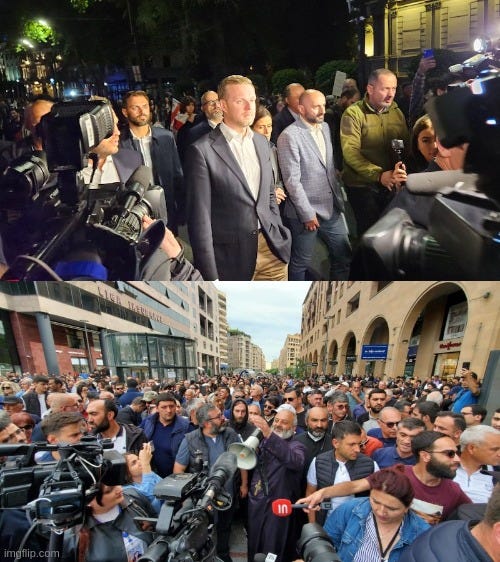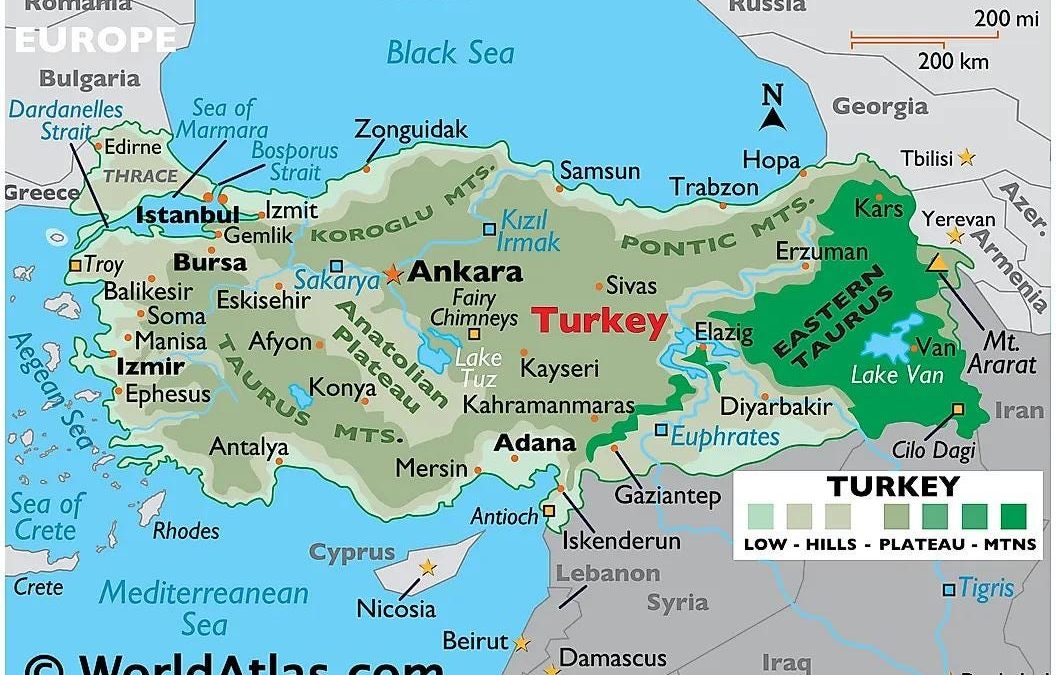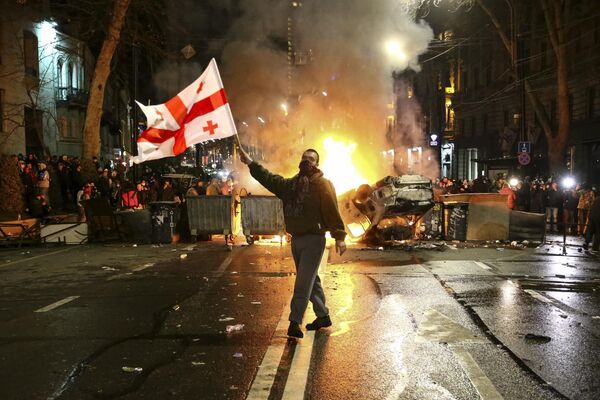“It is in minds of middling vigour and middling capacity that are born erroneous opinions, for they follow the apparent truth of their first impressions and do have a case for interpreting as simplicity and animal-stupidity the sight of people like us who stick to the...




